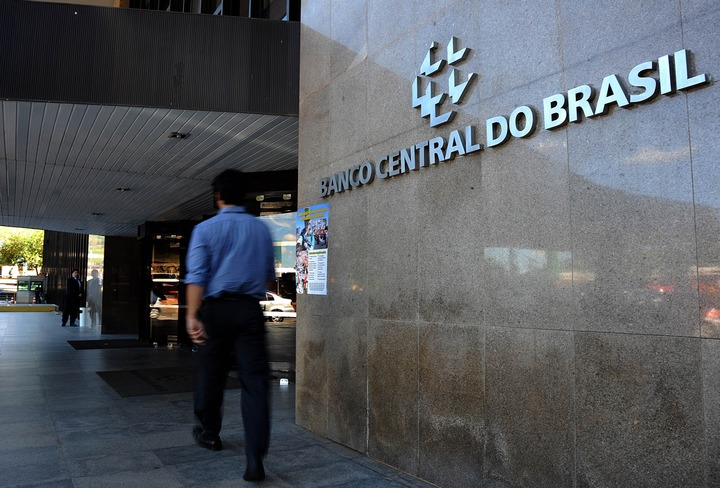SAO PAULO, April 27 (Xinhua) -- The latest International Reserves Management Report, which describes the evolution of Brazil's international reserves, released by the Central Bank of Brazil shows that in 2021, the share of RMB increased to 4.99 percent from 1.21 percent a year ago, marking a record high since its entrance into the basket in 2019.
Brazilian economists reckon that as China's economic influence grows and it shows greater willingness to participate in global economic affairs, RMB has been considered by more countries as one of the strong currencies in the world.
Hsia Hua Sheng, associate professor of international finance of Getulio Vargas Foundation, observed that from portfolio theory to diversify financial risk of Brazilian reserves, it makes sense to increase gradually the RMB reserves as China is the largest trade partner of Brazil.
Since China has been a major trade partner of many countries across the world, RMB is likely to be used in some trade settlements, especially for goods and services with which China has greater market influence, said Hsia.
Diego Pautasso, guest professor at the international relations, geopolitics and defense specialty at Federal University of Rio Grande do Sul, believed that the increase in RMB as reserves and reference for trade should expand, and the deepening of Eurasia integration through BRI will strengthen RMB as a reference currency.
Joelson Sampaio, professor of the school of economics of Getulio Vargas Foundation, echoed them.
"China reacted (to the pandemic) with rigid rules and achieved better economic performance," said Sampaio. "Other countries seek to diversify their reserves to reduce the dependency on USD by adding RMB reserves."
Enditem




 A single purchase
A single purchase









